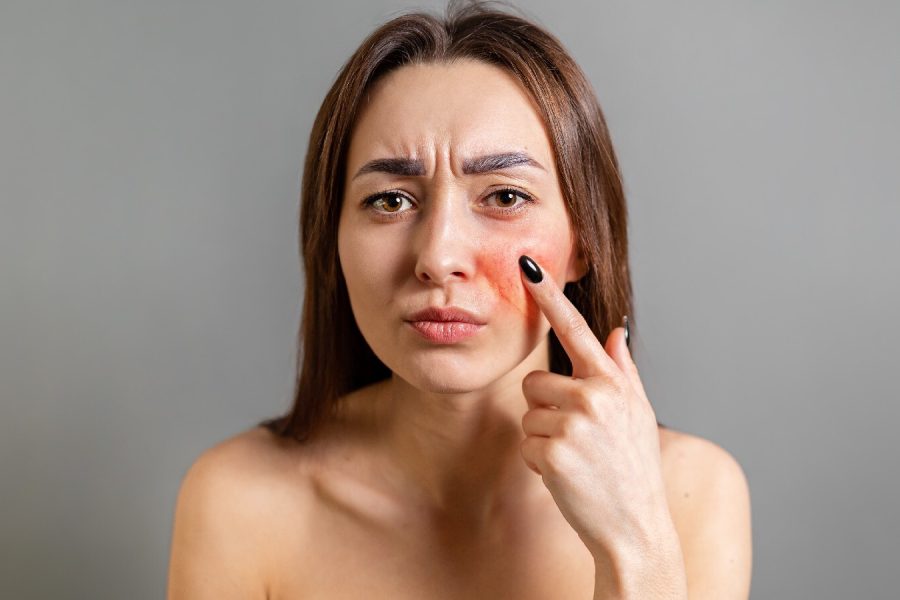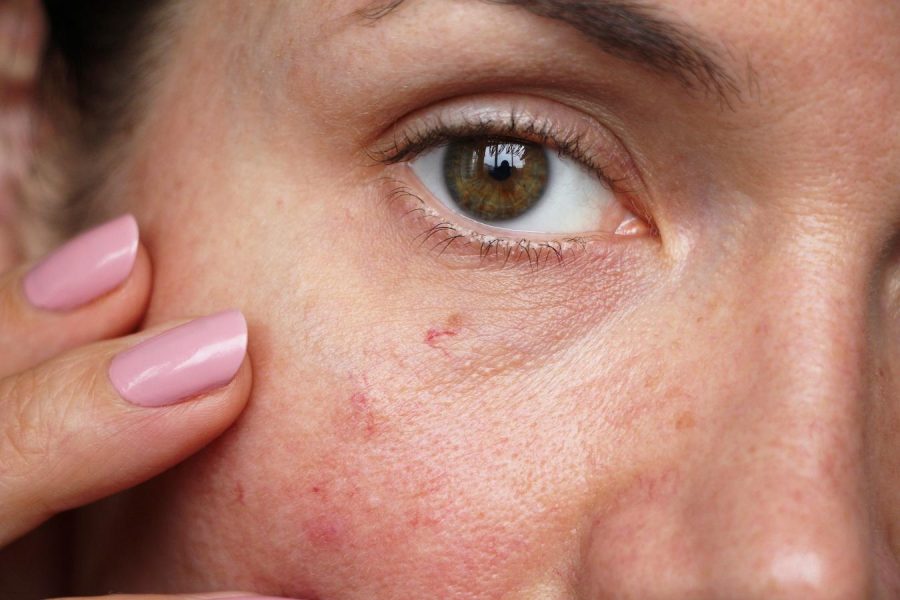Collagen is hot all over the world and has a paint full of appeal among fashionable women.
There is a lot of debate about collagen among businessmen and professionals, so here are a few of the most important truths about collagen:
Truth 1: Collagen does not act directly on the skin
As a food, collagen, like other proteins, has to be digested and absorbed before it can be used by the body as ” raw material ” to synthesize various proteins. When the body synthesizes protein, it can’t tell where the ” raw materials ” come from, and it won’t synthesize collagen just because it’s eaten, nor will it synthesize more collagen just because it’s eaten. In short, healthy skin needs collagen, but those collagen proteins need to be synthesized by the body itself, and the collagen you eat won’t run obediently to your skin and won’t help that synthesis process.
Truth 2: As a food, collagen is an inferior protein
The human body needs to synthesize its own proteins, and proteins consumed from food only provide amino acids as ” raw materials”. The human body has different requirements for different amino acids, so the scientific community measures the quality of a food protein by its digestibility and absorption rate, as well as the proximity of its amino acid composition to the ratio of the body’s needs. High-quality proteins have a reasonable amino acid composition and a high rate of digestion and absorption, so they are highly utilized when eaten into the body. There is no tryptophan in collagen. Tryptophan is one of the essential amino acids that cannot be converted from other amino acids and needs to be consumed from food. This means that if you only eat collagen, then eat as much as you can not meet the body’s needs, so it is considered ” poor quality protein “.
Truth 3: There’s no basis for the idea that “small molecule collagen” helps with cosmetology
There are many ” small molecule collagen “, ” collagen peptide “, ” hydrolyzed collagen “, claiming that after high-tech processing, the human body can be directly absorbed and utilized in the skin, help beauty. In fact, these products are the product of collagen hydrolyzed with protease, equivalent to the human body digestion process outside the body for a part of the digestive process, eat the stomach after digestion and absorption faster. Some studies have found that a large number of collagen dipeptides and tripeptides are able to be absorbed directly into the bloodstream and exist quite stably in the plasma. This phenomenon has been interpreted to mean that these small peptides are able to be transported by the bloodstream to form collagen directly in the skin and other areas. However, this is only ” conjecture” and there is no reliable scientific evidence. On the other hand, the body’s synthesis of proteins requires amino acids to enter the cell and be ” assembled ” into proteins within the ribosomes, and so far there is no scientific evidence to show that small peptides are capable of accomplishing this process.
Truth 4: There is no collagen in plant-based foods
The push for a vegan diet has also given rise to the ” plant collagen” claim. This is a complete flim-flam. Collagen is a structural protein found in animal tissues such as skin and bone. There is no such tissue in plants, and the foods that are said to contain ” plant collagen ” in marketing advertisements, such as silver fungus, peach gelatin, coral grass, etc., are in fact hardly even proteins. The so-called ” plant collagen “, is actually some polysaccharides, after cooking at high temperatures will form a sticky solution, it is treated as ” collagen “.
So, what do you think about this?



